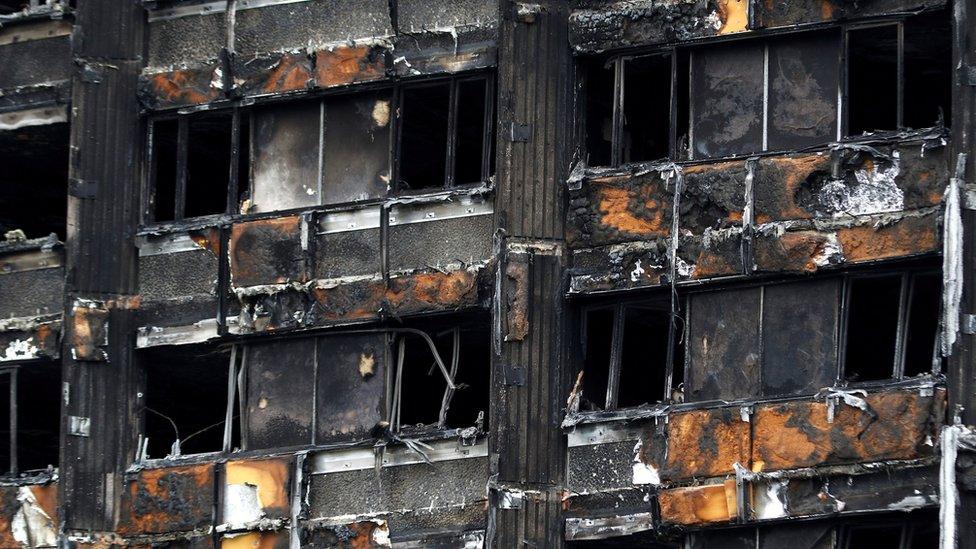Grenfell inquiry: Firefighter questions absurd, says union
- Published
Michael Dowden pausing before answering a question on Monday
The Grenfell inquiry has come under criticism for asking "absurd" questions of the firefighter who led the initial response to last year's fire.
The Fire Brigades Union (FBU) said the questions that Michael Dowden, a watch manager, faced over three days should have been directed at his superiors.
It said Mr Dowden had done what all firefighters did that night - "tried his utmost to save lives".
The inquiry chairman praised Mr Dowden's courage in the witness box.
However, Matt Wrack, general secretary of the FBU, said there were "important and difficult" questions to ask but they should not be directed at "those who do not have the power or authority to have altered policies, operational procedures or training".
"The line of questioning toward Mike Dowden has been, at times, absurd," he said.
He stressed Mr Dowden was not a fire chief, nor a middle manager, but a junior officer.
"On the night of the fire, he was originally in charge of two fire engines at one fire station.
"Mike Dowden did not apply flammable cladding to Grenfell Tower. Nor did he make the other alterations which destroyed the fire safety within the building. Nor did he start the fire.
"He was simply on duty when the worst fire since World War Two broke out.
"Like all firefighters that night, he was placed in an impossible situation. He did what they all did; he tried his utmost to save lives."
The FBU also accused the inquiry of approaching the issues "back to front", saying it should have called those who made the decisions around the refurbishment to give evidence first.
"The alterations to Grenfell Tower happened before the fire and before any fire fighting took place," said Mr Wrack.
"The order of the inquiry is chronologically and causally wrong."
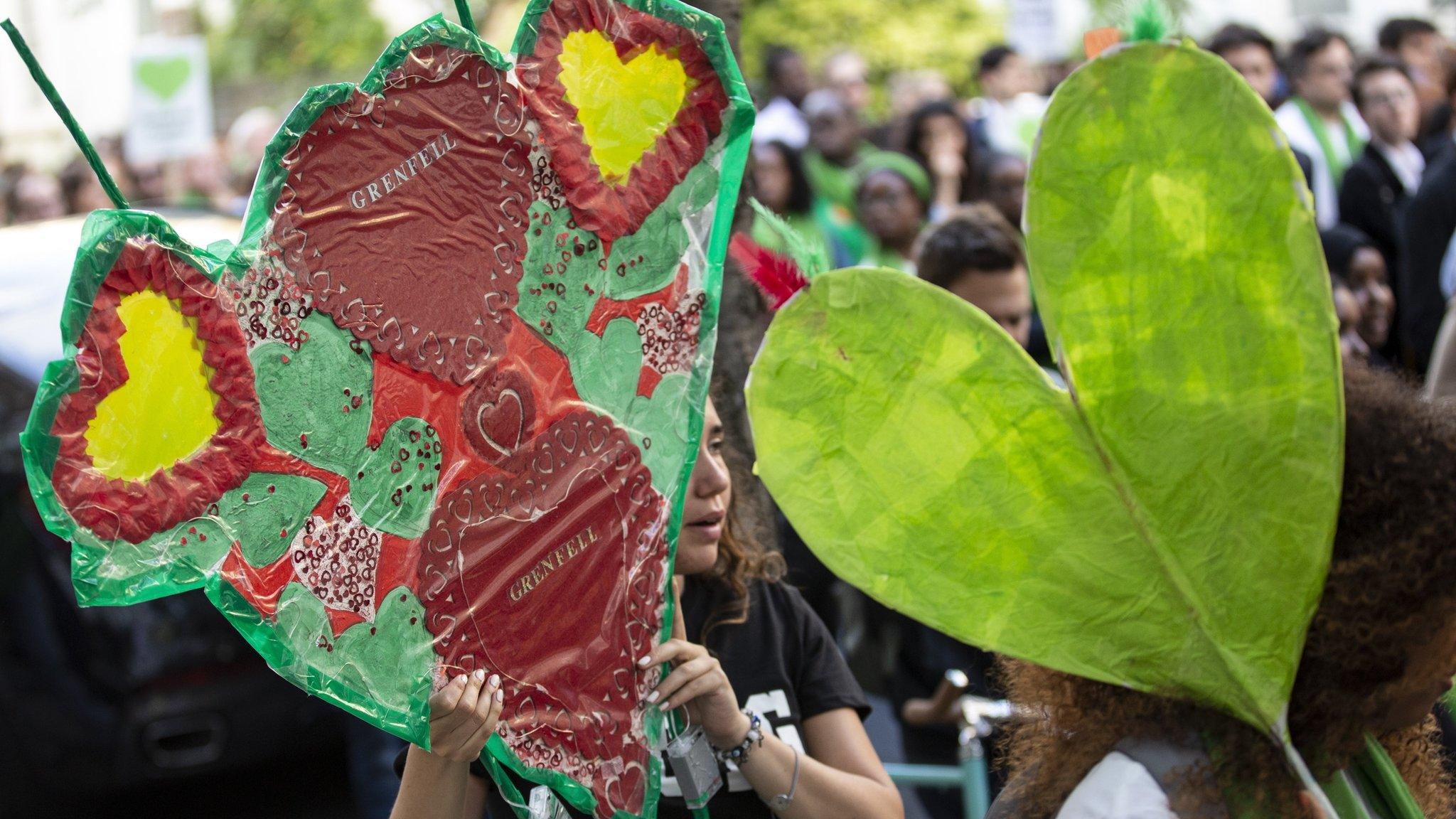
At the end of his evidence, senior counsel Richard Millett said to Mr Dowden: "We, as a team, salute you."
Sir Martin Moore-Bick, the chairman, said Mr Dowden's evidence was "really valuable" and set a good example to those who would follow.
However, after a short break, Sir Martin said there had been concern about his comments praising Mr Dowden.
"My remarks were entirely borne out of courtesy for the witness and a degree of compassion for someone who clearly found giving evidence over three days a difficult matter and sometimes, as we all saw, more than he could really cope with.
"I hope that it went without saying that my remarks did not in any sense prejudice my view of the issues. There's a long way to go in this inquiry."
The inquiry has the power to compel witnesses to give evidence but said it did not intend to use those powers in the case of firefighter witnesses.
The chairman also has the power to change the method used to obtain evidence in the case of vulnerable witnesses.
As in the case of Mr Dowden, he can order more frequent breaks.
He can also restrict the duration of questioning or take evidence through an intermediary, a recorded statement or a video link.
At one stage during his evidence, the hearing was briefly suspended after Mr Dowden broke down in tears when footage of the disaster was shown.
On Wednesday, he appeared under considerable strain again as he was repeatedly asked why he did not alter the guidance from "stay put" to a mass evacuation.
Grenfell Tower inquiry: What questions will be answered?
BBC home affairs correspondent Tom Symonds said there was no cross-examination of witnesses but the questions asked by Mr Millett were being influenced by pressure behind the scenes from other barristers.
They are not allowed to directly question witnesses and so he asks questions on their behalf.
A source told our correspondent that Mr Millett has been asked to put a series of questions to establish Mr Dowden's relatively junior position within the fire service.
Earlier, the inquiry heard it was rare for a watch manager to be in command of a fire involving more than four fire engines.
- Published27 June 2018
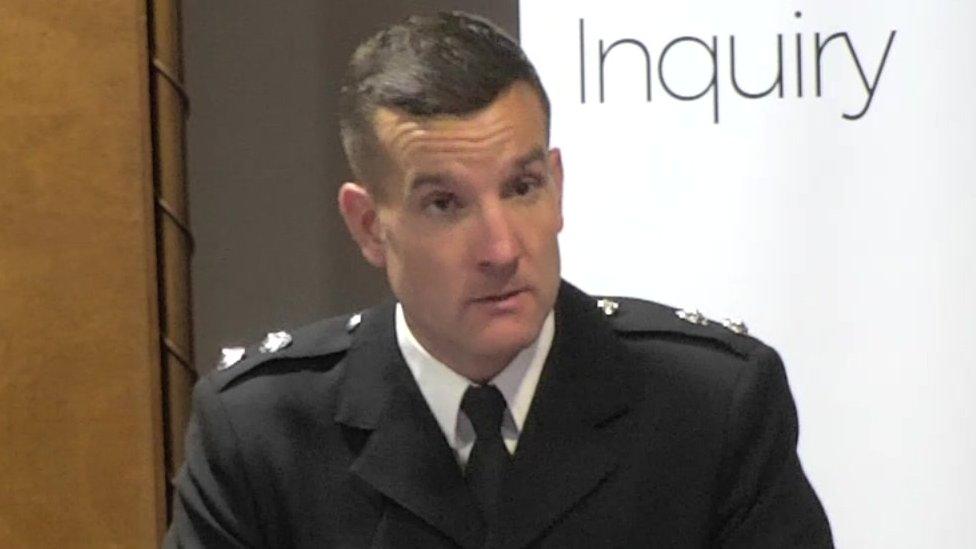
- Published26 June 2018

- Published25 June 2018
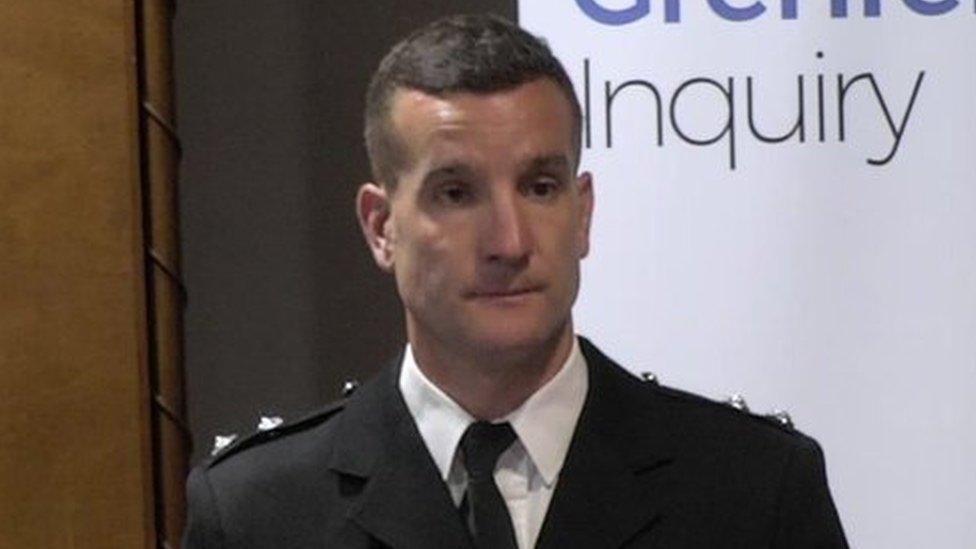
- Published18 June 2018
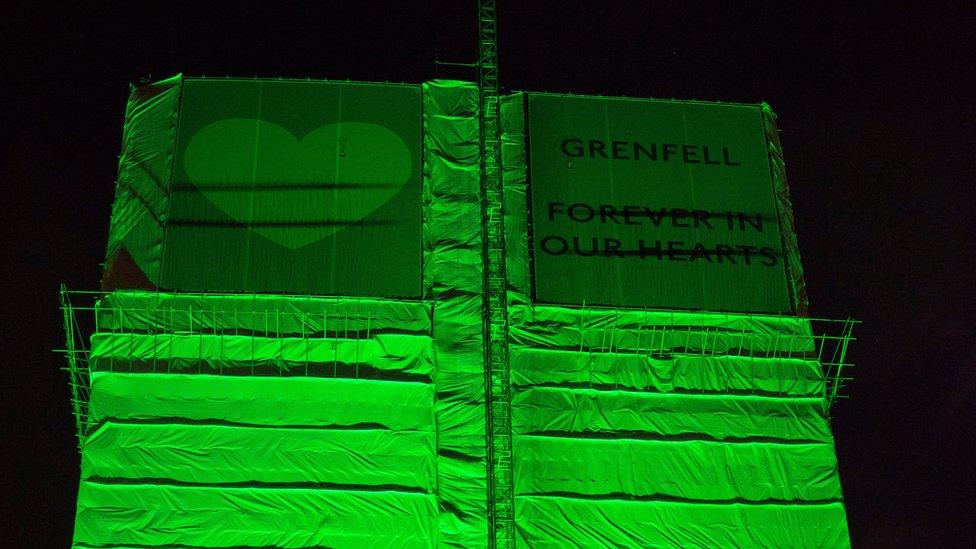
- Published29 October 2019
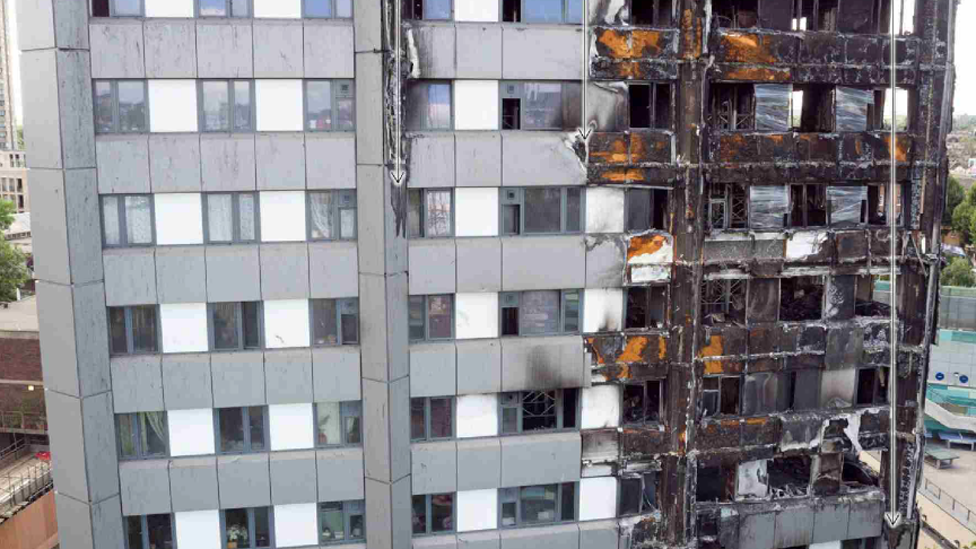
- Published14 June 2018
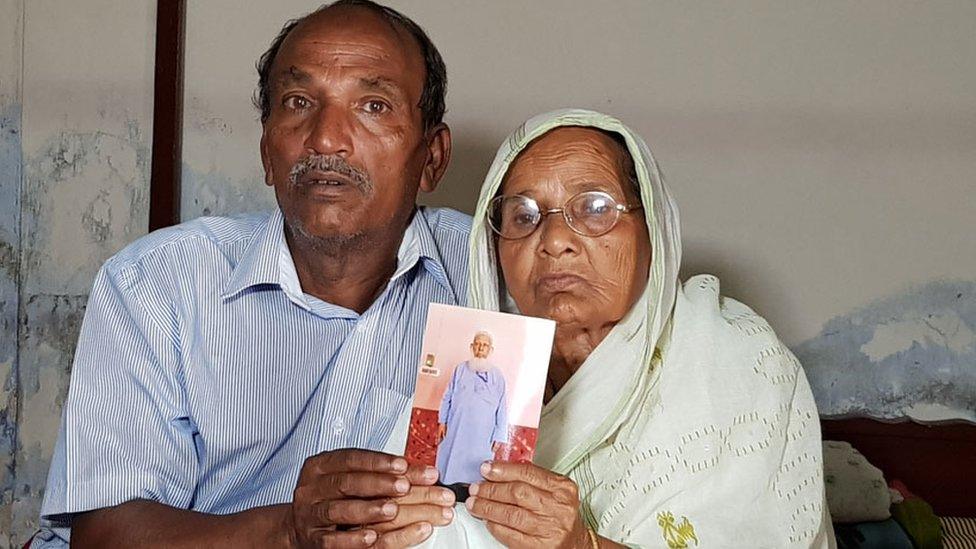
- Published7 June 2018
